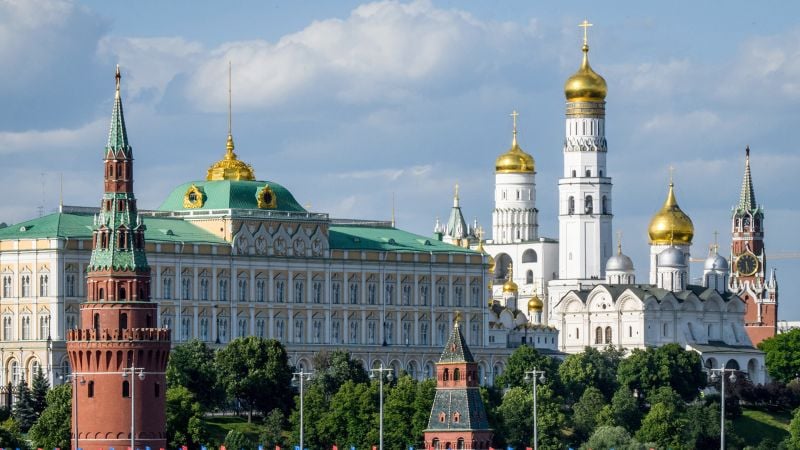Russian intelligence is operating a systematic program to launder pro-Kremlin propaganda through private relationships between Russian operatives and unwitting US and western targets, according to newly declassified US intelligence.
US intelligence agencies believe that the Russian Federal Security Service (FSB) is attempting to influence public policy and public opinion in the West by directing Russian civilians to build relationships with influential US and Western individuals and then disseminate narratives that support Kremlin objectives, obscuring the FSB’s role through layers of ostensibly independent actors.
“These influence operations are designed to be deliberately small scale, the overall goal being US [and] Western persons presenting these ideas, seemingly organic,” a US official authorized to discuss the material told CNN. “The co-optee influence operations are built primarily on personal relationships … they build trust with them and then they can leverage that to covertly push the FSB’s agenda.”
The campaigns have sometimes been effective at planting Russian narratives in the Western press, according to the intelligence. Maxim Grigoriev, who heads a Russian NGO, made multiple speeches to the UN presenting a false study that claimed the humanitarian group the White Helmets – which operates in Syria – was running a black market for human organs and had faked chemical attacks by Syrian President Bashar al-Assad, with whom Russia is allied. Those claims eventually found their way into a television report on the far-right OANN in the United States, according to open-source materials provided by the official.
…
But the official stressed that the Western voices that eventually became mouthpieces for Russian propaganda were almost certainly unaware of the role they were playing.
“At the end of the day, this unwitting target is disseminating Russian influence operation, Russian propaganda to their target public,” the US official said. “Ultimately, a lot of these are unwitting people — they remain unaware who is essentially seeding these narratives.”
The intelligence provides several examples of Russian civilian “co-optees” doing the bidding of the FSB.
One man, Andrey Stepanenko, founded a media project in 2014 that sponsored journalists from the US and the West to visit eastern Ukraine and learn “the alleged truth” about what was happening in the region. In fact, the FSB directed his efforts and “almost certainly financed the project,” according to the declassified intelligence.
CNN was not able to locate Stepanenko to ask for comment.
The US official also cited Natalia Burlinova, the founder of a Russian NGO who routinely coordinated FSB-funded public diplomacy efforts aimed at influencing Western views. In 2018, she visited, had meetings and hosted events at multiple US think tanks and universities in New York, Boston and Washington – work that was funded by the FSB, according to the intelligence. Her conduct was already public: She was indicted earlier this year on charges of conspiring with an FSB officer to act as an illegal agent of Russia inside the United States, although she remains at liberty in Russia.
Burlinova in an email to CNN denied that her US trips in 2018 were financed by the FSB.
“All travel expenses were financed by a grant that we previously received from the Presidential Grants Fund, the main grant operator of Russia,” she said. “The FSB of Russia did not give me any money for the trip.”
The official declined to offer specifics to back up the intelligence community’s assertions that the FSB is funding this kind of operation but noted that once officials were able establish FSB backing, it is easy to trace the narratives they are pushing in open-source materials.
“Once you’re aware of who these people are and their association with the FSB, by nature of what they’re doing, they have very, very public personas,” the official said. “And so I would just say it’s not really difficult to kind of follow the strings.”
The US official declined to say whether Russia has used these same tactics to try to influence US elections.
The FSB does use similar tactics to influence political opinion within Russia, according to the intelligence. In one instance, a Russian media figure named Anton Tsvetkov organized protests outside of embassies in Moscow — including the US Embassy — at the FSB’s behest. The protests pushed Russia’s narrative of the war in Ukraine, “promoting the ‘Ukrainian Nazi’ narrative and blaming the U.S. and its allies for the deaths of children in the Donbass,” while hiding the Russian government’s role, according to the declassified intelligence.
“The purpose of those protests really was … designed to sell it to the Russian people,” the US official said.


